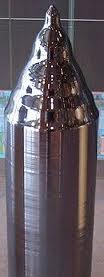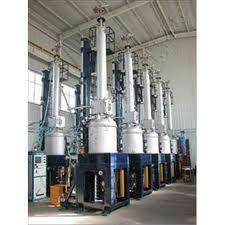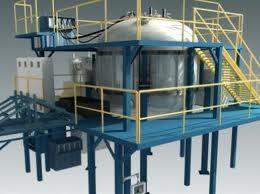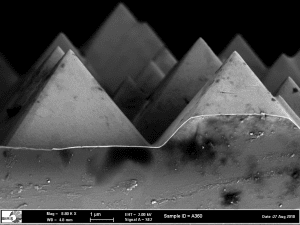At Solar Choice we find ourselves in the very fortunate position that some of the world’s biggest solar manufacturers are happy to give up some of their time to visit our Sydney office, this week we welcomed Rod Sears of Canadian Solar. Rod has over 10 year experience in the solar industry, previously working for BP Solar at their manufacturing facilities in North Sydney before moving to Canadian Solar. Rod gave us an interesting tutorial on the production of solar PV cells and an in depth look into CAnadian Solar products in Australia.
About Canadian Solar
Canadian Solar was founded in 2001 by Shawn (Xiaohua) Qu, the company’s current Chairman, President & Chief Executive Officer. The head office and North American manufacturing facilities are based in Ontario, Canada. The remaining manufacturing facilities are located in China, these supply the rest of the world, including Australia, customers can request that their panels come for the Canadian manufacturing plant but this doubles the cost of each panel. More information on Canadian Solar panels can be found on our blog.
Solar PV cells – Monocrystalline vs. Multi(poly)crystalline
There are two types of solar panel on the market, monocrystalline and multi(poly)crystalline. The Australian market is dominated by monocrystalline panels despite being more expensive to produce, this may be a result of many manufacturers advertising poly as ‘old’ technology. The main difference between the products is the manufacturing process of the cells.

 Monocrystalline cells are produced by growing crystals of silicon. The process involves molten silicon being ‘pulled’ (right hand image) from a quartz crucible and rotated to produced a rounded ingot of single crystal material(monocrystalline boule left hand image), this can then be sliced thinly to create the mono cells ready for combination in solar PV cells. The process for manufacturing monocrystalline cells is energy intensive as the temperatures need to reach approximately 1,400 degrees.
Monocrystalline cells are produced by growing crystals of silicon. The process involves molten silicon being ‘pulled’ (right hand image) from a quartz crucible and rotated to produced a rounded ingot of single crystal material(monocrystalline boule left hand image), this can then be sliced thinly to create the mono cells ready for combination in solar PV cells. The process for manufacturing monocrystalline cells is energy intensive as the temperatures need to reach approximately 1,400 degrees.
 Multi(poly)crystalline cells are made by placing poly silicon chunks in a plaster mould and heating in a specially designed furnace (see right hand image). The temperature required to melt the chunks is much lower than this needed for monocrystalline production.
Multi(poly)crystalline cells are made by placing poly silicon chunks in a plaster mould and heating in a specially designed furnace (see right hand image). The temperature required to melt the chunks is much lower than this needed for monocrystalline production.
The cost and performance of both types of cells is very similar. Monocrystalline cells remain the more expensive of the two but have higher performance due the the uniform direction of the silicon pyramids (see below) compared to the layout of the silicon chips in the poly cells which are visible to the naked eye.
Microscopic view of monocrystalline cells
Canadian Solar
Canadian Solar’s market share has been growing year on year, during the first quarter of the 2012/13 financial year Canadian solar was the fourth biggest solar PV manufacturer in the world after Yingli, Suntech and Trina. As of the end of quarter two they expect to be level with Trina.
Canadian Solar is working to increase the productivity of their panels and currently offer a an ELPH High Power (back contact cell) with a 21.7% efficiency. In early 2013 Canadian Solar will launch the first integrated solution with an inverter manufacturer, the design involves an integrated inverter and panel pairing to ensure ‘best fit’ as well as new technology that will reduce installation times. The inverters will be branded with the Canadian Solar logo and be covered by the Canadian Solar 25 Year Warranty.
Solar Power Systems
The partnerships with inverter manufacturers will allow Canadian Solar to streamline the development of solar power systems and cover multiple products with a single warranty. Customers concerned about the future stability of the solar industry can be comforted with the knowledge that Canadian Solar warranties are underwritten by PowerGuard Specialty Insurance Services.
Canadian Solar products are available through installers on the Solar Choice website, for both residential and commercial scale projects. To generate a quote for a solar PV project please complete the Solar Quote Comparison to the right of the page, selecting either the residential or commercial tab, alternatively you can call a Solar Broker directly on 1300 78 72 73.
© 2012 Solar Choice Pty Ltd
- NSW Club industry choosing solar power, with help from Solar Choice - 16 October, 2014
- 100% Renewables celebrates solar BBQ success - 26 February, 2013
- Coal fired power station in Queensland to be converted to ‘clean energy park’ - 21 February, 2013
